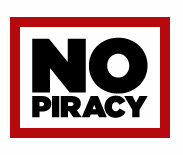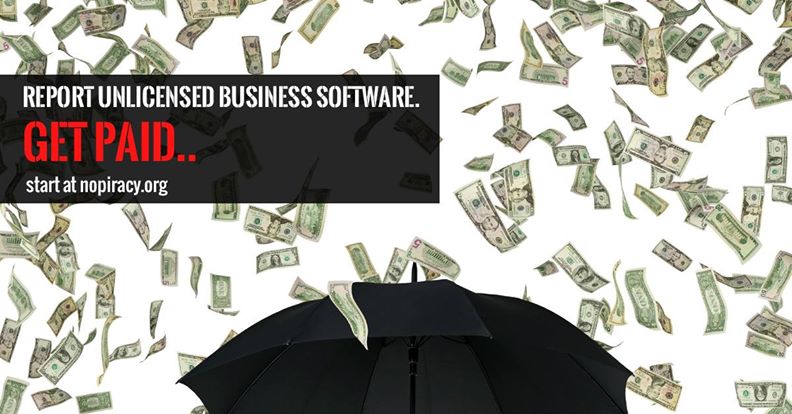Comcast Must Share Six-Strikes Warnings with Copyright Troll, Court Rules
vendredi 27 juin 2014 à 17:31 Last year the RIAA and MPAA teamed up with five of the largest Internet providers in the U.S. to begin issuing warnings to alleged copyright infringers.
Last year the RIAA and MPAA teamed up with five of the largest Internet providers in the U.S. to begin issuing warnings to alleged copyright infringers.
As part of this partnership the ISPs have to store all warnings their customers receive. Opponents feared that this data could be used against these individuals in court, which is specifically permitted under the agreement.
“The Content Owner Representatives [MPAA / RIAA] or any other member of the Participating Content Owners Group may use such reports or data as the basis for seeking a Subscriber’s identity through a subpoena or order or other lawful process,” the agreement reads.
However, as it turns out, the first legal consequences aren’t a result of action taken by Hollywood or the major record labels. They come from the adult video publisher Malibu Media, a so-called copyright troll that has filed over 750 lawsuits against alleged infringers this year alone.
In their case against Kelley Tashiro, a middle-aged female nurse from Indianapolis, the company had trouble proving that an infringement actually took place. But instead of backing down, they put their money on the six-strikes warnings databases.
Malibu asked the court to order Comcast to release all data being held as part of the Copyright Alert System. While Malibu is not part of the program, this data may show that the Internet connection was used to share pirated content on more occasions.
“DMCA notices and six strike notices are relevant because these notices may prove a pattern of infringement or notice that infringement is occurring or both,” Malibu noted in its motion.
A copy of the recorded copyright infringements wasn’t enough for Malibu though, the company also asked for details of Tashiro’s bandwidth consumption, suggesting that this could indicate whether she is an infringer or not.
“Bandwidth usage is relevant because people who are heavy BitTorrent users use significantly more bandwidth than normal internet users,” the company’s sweeping generalization reads.
This week Indiana District Court Judge Mark Dinsmore granted Malibu’s motion, which means that Comcast will be ordered to share the requested evidence.
“Plaintiff’s Motion is GRANTED. Plaintiff may serve a third party subpoena on Comcast and Comcast should comply with Plaintiff’s Subpoena Duces Tecum
for deposition as outlined in Plaintiff’s Motion,” the Judge writes.

Comcast has not yet responded to the order, but considering the sensitivity of the subject the Internet provider is expected to file an appeal.
Currently it’s not known whether Tashiro has ever received a copyright alert, but the RIAA, MPAA and other participants in the Copyright Alerts System will not be pleased with these latest developments.
The Center for Copyright Information, which oversees the program, has always emphasized that the program respects the privacy of Internet subscribers. Having it used against alleged downloaders by copyright holders that are not even part of the scheme is bad PR for them, to say the least.
Source: TorrentFreak, for the latest info on copyright, file-sharing and anonymous VPN services.





